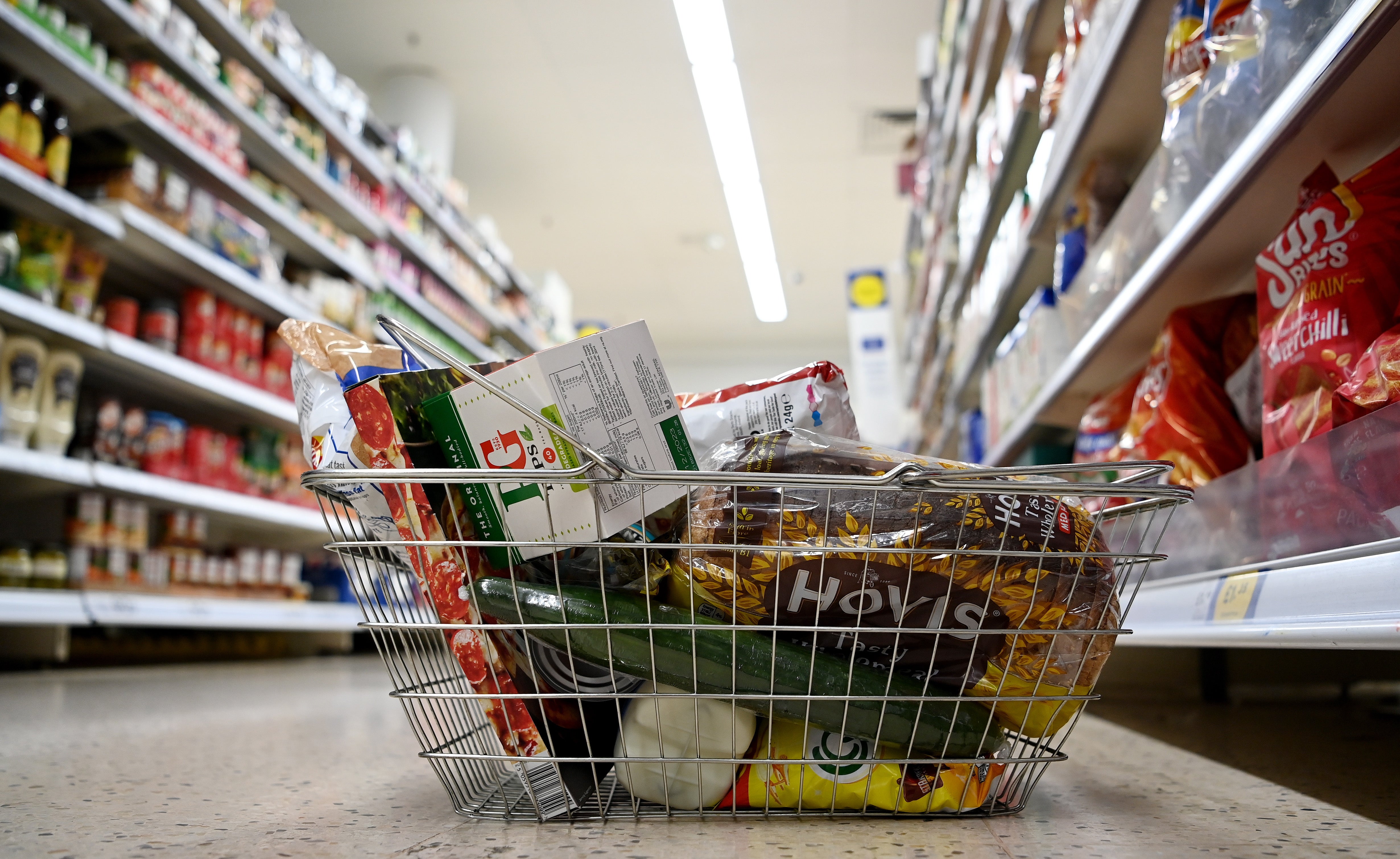Inflation is going to go higher, and the government will have to do something about it. But what – and how?
It is a global problem – but each national government is responsible to its own electorate, writes Hamish McRae


Step back a moment. The prediction by Citibank that CPI (Consumer Price Index) inflation will reach 18.6 per cent in January is a true shocker. It is way above the most recent forecast of the Bank of England of just over 13 per cent in the final quarter of this year.
If it proves correct, it will mean the UK will have significantly higher inflation than the US, where the markets seem to think that the 9.1 per cent rate reached in June may be have been the peak – the most recent figure there is 8.5 per cent.
As for Europe, the most recent official forecast predicts a peak of 8.4 per cent in the third quarter of this year for the eurozone, though for the EU as a whole the rate will be higher. In any case, that was before the current surge in gas prices, and there is a lot more inflation still to come through the economy.
Another shocker was the German producer price index in July, up 37.2 per cent on the year. The main driver of that was energy, the cost of which was already more than double that of a year ago. Some of those additional costs will eventually have to be passed on to consumers, though we don’t know how much.
What we do know is that this is politically and socially intolerable. It is a global problem – but each national government is responsible to its own electorate, and it is possible that the UK will find itself in an even nastier position than most other developed economies. So what can the new government, presumably to be led by Liz Truss, do?
Well, it will spend money. The inflation crisis is principally driven by energy costs, and there are two broad ways in which Downing Street can give speedy help. It can subsidise energy, or it can subsidise people. The advantage of doing the first – which it can do in many ways, including cutting VAT and paying the energy suppliers to keep prices down – is that it reduces headline inflation. Several European governments are following this approach.
The other way is to leave prices alone but help vulnerable people to pay them. This can be done through the benefits system, though this does not help the business community, which has to pass on higher costs with higher prices. The advantage is that you can, in theory, target the help better, and it is the main way in which the UK has sought to tackle the issue. The disadvantage is that higher headline CPI numbers may make inflation more embedded as everyone struggles to claw back their losses.
The Truss government will, I expect, boost spending in both ways. There will be a splurge of measures, and these will increase the size of the fiscal deficit. It has been coming down, and was around £100bn in the financial year that ended in April. Now it looks as though it may have stopped doing so and will start to go up. By how much? Well a lot depends on whether the country goes into a recession.
To keep up to speed with all the latest opinions and comment sign up to our free weekly Voices Dispatches newsletter by clicking here
But the respected forecasters Pantheon Macroeconomics think the deficit could rise to £170bn, because public finances will be under pressure from three things: the slowdown, higher interest costs on the national debt, and whatever measures the Truss government decides to take.
That leads into a huge question. Might the measures that the new PM takes next month undermine the UK’s already shaky reputation for fiscal prudence? Any government can, by spending money, help to alleviate social and economic ills. That is what this government will do, and in some measure will be right to do. But there will be a bill that has to be paid, eventually, in one way or another.
The problem for the UK government is that, if it loses the confidence of the world of finance, its borrowing costs rise and the value of sterling falls. The pound is already weak against the dollar, though not so much against the euro. A lower pound increases import costs, which in turn increase inflation.
So yes, the new UK government can to some extent help people to cope with inflation, and that is what it has to do. But it will have to tread a narrow path, spending money but maintaining international confidence. This will be a bumpy autumn, and not only because of the highest inflation for half a century.
Join our commenting forum
Join thought-provoking conversations, follow other Independent readers and see their replies
Comments
Bookmark popover
Removed from bookmarks